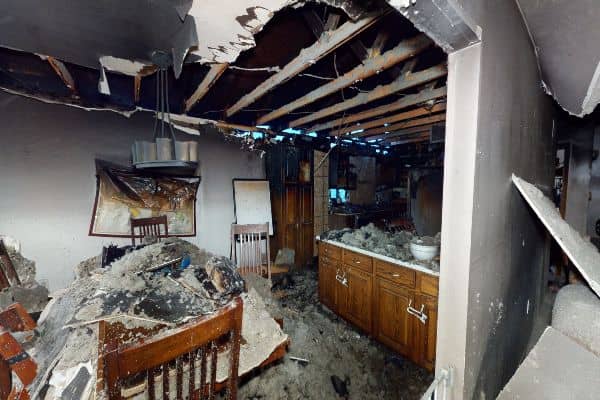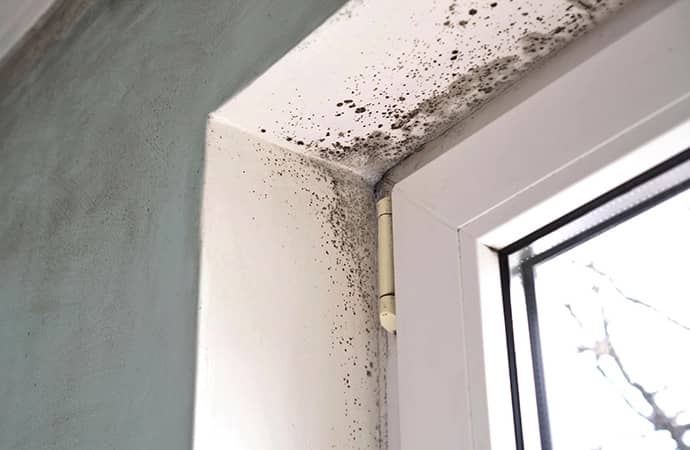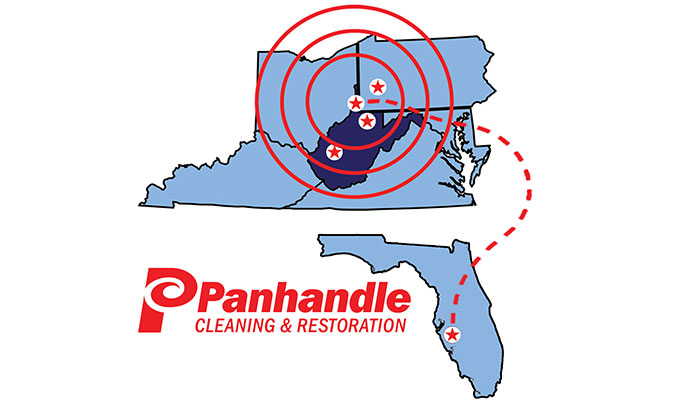Panhandle offers 24/7 emergency response services so that you can get the help you need no matter what time a disaster impacts your property.
Water, Fire, & Mold Removal Services
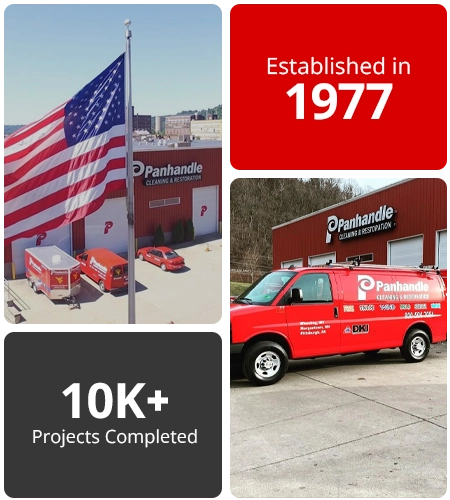
Panhandle Cleaning & Restoration
Panhandle Cleaning & Restoration is the leading provider of disaster recovery services throughout six states. Panhandle was founded in 1977 by Robert C. Contraguerro, Sr., whose commitment to fairness, honesty, and quality work helped the company quickly establish a stellar reputation for the quality of its services and the professionalism of its teams.
We’re a full-service contractor, which means that we’ll take you through every step of the recovery process. From the initial assessment to any necessary reconstruction, we have got you covered. We have extensive experience working with all the major insurance providers, and we will always work to ensure that your out-of-pocket expenses are kept at a minimum. We will also provide detailed, itemized estimates and appraisals for your insurance company, so you don’t have to worry about the claims process.
Learn More About Us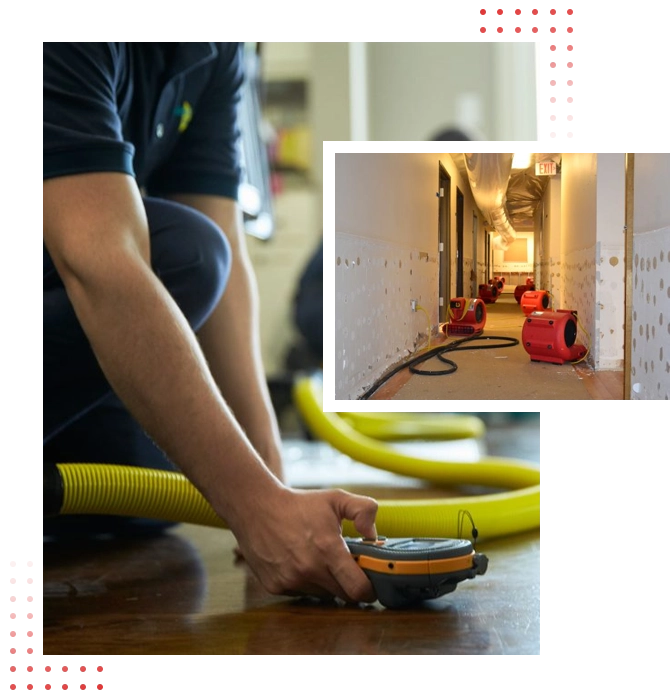
What to Expect
-
24/7 Response Services
-
Free Inspections
Our inspections are free to allow you the opportunity to receive a quick quote for the professional help you need to address the issue at hand.
-
Immediate Services
Panhandle offers immediate response services for your property damage emergencies to help ensure your property is safe and functional.
-
Thorough Documentation
One of the most important aspects of any cleanup or restoration job is maintaining documentation to ensure transparency and accurate coverage.
Endorsed by Leading Organizations

We Are a Proud Member Company of DKI
As the largest disaster restoration contracting organization in North America, DKI connects more than 400 independent member companies, sharing knowledge and resources to respond to property damage of all types and sizes. DKI shares our values of teamwork, accountability, and social responsibility and is an integral part of the “Panhandle Difference.”

We Are a CORE Elite Member
As a CORE Elite Member, we’re able to offer exceptional property damage restoration services while operating with the highest standards of craftsmanship, quality, and integrity for homeowners, business owners, and other customers we serve in cities throughout six states.

We Are a Restoration Affiliates Member
Restoration Affiliates (RA) is a national network of independent, full-service disaster restoration companies. Our members provide complete mitigation, remediation, reconstruction and restoration services for commercial, industrial and multifamily property owners and insurance professionals
Customers Say

